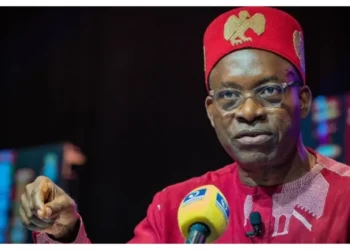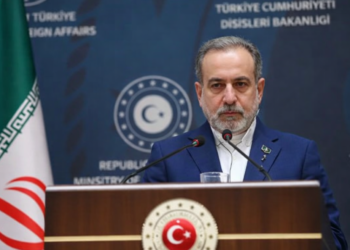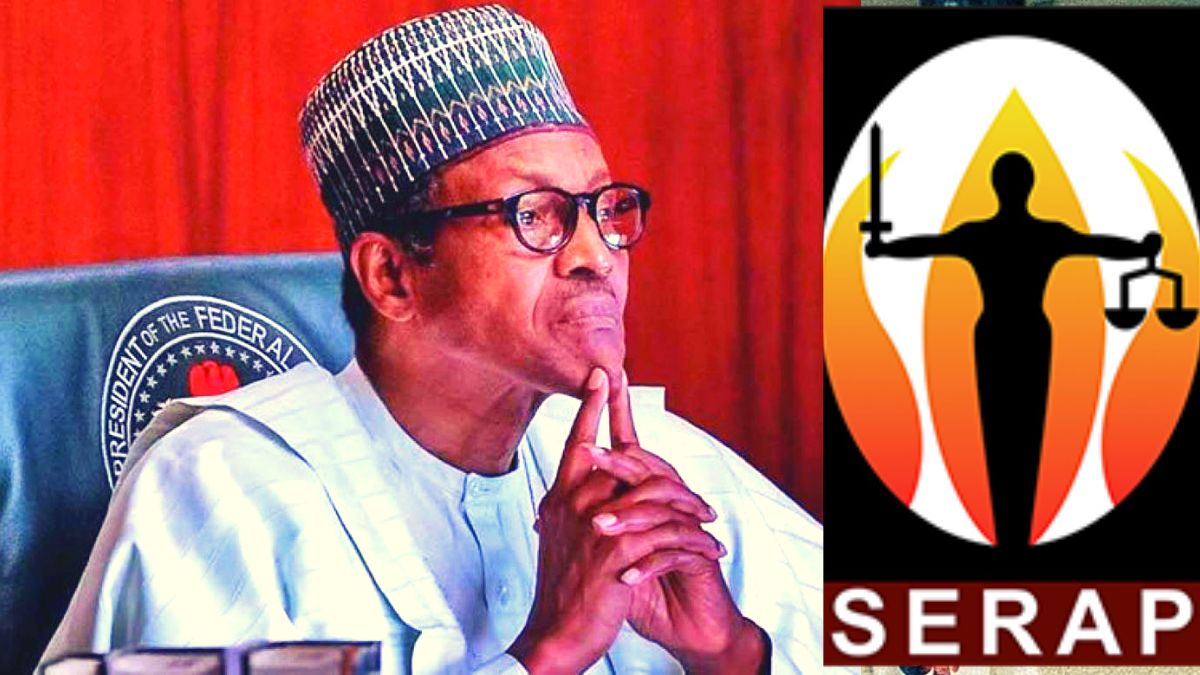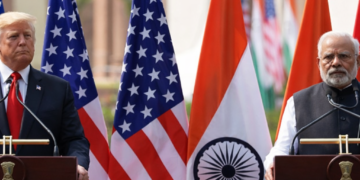Four Russian journalists are now facing charges of involvement with a so-called “extremist” group – one founded by the late opposition figure, Alexei Navalny. The same Navalny whose anti-corruption campaigns rattled the Kremlin, and now, even after his death, his mere association has turned independent journalists into criminals. Welcome to modern-day Russia, where free speech is only as free as the government allows.

The Four Journalists on Trial – A Dangerous Precedent
The four journalists—Antonina Favorskaya, Sergei Karelin, Konstantin Gabov, and Artem Kriger—are accused of working with Navalny’s Anti-Corruption Foundation (FBK), an organization that has long been branded a foreign agent and extremist group by the Russian government. Their crime? Reporting the truth and creating content for FBK’s YouTube channel, which is now conveniently deemed dangerous for national security. If convicted, they face up to six years behind bars—because in today’s Russia, journalism is apparently a crime.
The charges have turned the spotlight on the suffocating atmosphere for journalists in Russia, where independent media outlets are rapidly becoming an endangered species. Press freedom groups have counted dozens of journalists rotting in Russian prisons, all victims of the state’s iron grip on information.
Courtroom Secrecy: A Convenient Way to Silence Critics
The trial kicked off with about 30 minutes of open proceedings, enough time for the world to witness the sham of a justice system at work—before the judge, acting on the prosecution’s request, closed the courtroom to both the press and spectators. The reason? A letter from Russia’s counter-extremism department, claiming that Navalny supporters were plotting “provocations.” A convenient excuse to shut down any possibility of transparency, ensuring that this trial, like so many others, is conducted behind closed doors.
Artem Kriger, one of the journalists, addressed the court, calling the move “archaic” and likening it to the behavior of totalitarian regimes. His observation couldn’t be more accurate. In a system designed to suppress dissent, closing the courtroom doors only adds another layer to the government’s strategy of silencing critics.

Freelancers Punished for Daring to Work
Among the defendants, Gabov and Karelin are freelancers who’ve worked with some of the world’s most reputable news organizations, including Reuters and The Associated Press. But let’s not be fooled—these charges have nothing to do with their freelance work. Reuters, in a statement, vehemently denied any connection between the charges and Gabov’s contributions to their news desk, underscoring their commitment to press freedom. The Associated Press, equally concerned about Karelin’s arrest, offered no additional comment, likely wary of becoming the next target of Russia’s media crackdown.

Favorskaya and Kriger: Targets of a Broken System
Favorskaya and Kriger, both working for the independent outlet SOTAVision, are perhaps even more emblematic of Russia’s descent into tyranny. Favorskaya had the audacity to record Navalny’s last court appearance just before he mysteriously died in an Arctic penal colony—an act that may have sealed her fate. Kriger, arrested in June, was no less bold, continuing his independent reporting in an environment that increasingly punishes those who don’t toe the government line.
Russia has been intensifying its stranglehold on both domestic and foreign reporters since it launched its disastrous war in Ukraine, using every legal trick in the book to muzzle dissenting voices. Reporters Without Borders has revealed that at least 34 journalists and six other media workers are currently behind bars in Russia.

The Kremlin’s Convenient Silence
Predictably, the Kremlin has refused to comment on the trial, trotting out its tired line about the courts being responsible for enforcing Russian law. But it’s no secret that this law is less about justice and more about control. Navalny’s supporters, in the eyes of the government, are dangerous revolutionaries plotting to destabilize Russia. And so, the message is clear: if you align yourself with Navalny, even posthumously, you’re a threat to the state.
A Chilling Message to the World
This trial sends a message, not just to the journalists in the dock, but to the entire world: free speech in Russia is under siege. The charges against Favorskaya, Karelin, Gabov, and Kriger are a reminder that in Russia, simply reporting the news can be treated as an act of extremism. For the international community, this trial is yet another reminder of the peril faced by those who dare to question the official narrative in Putin’s Russia.

















